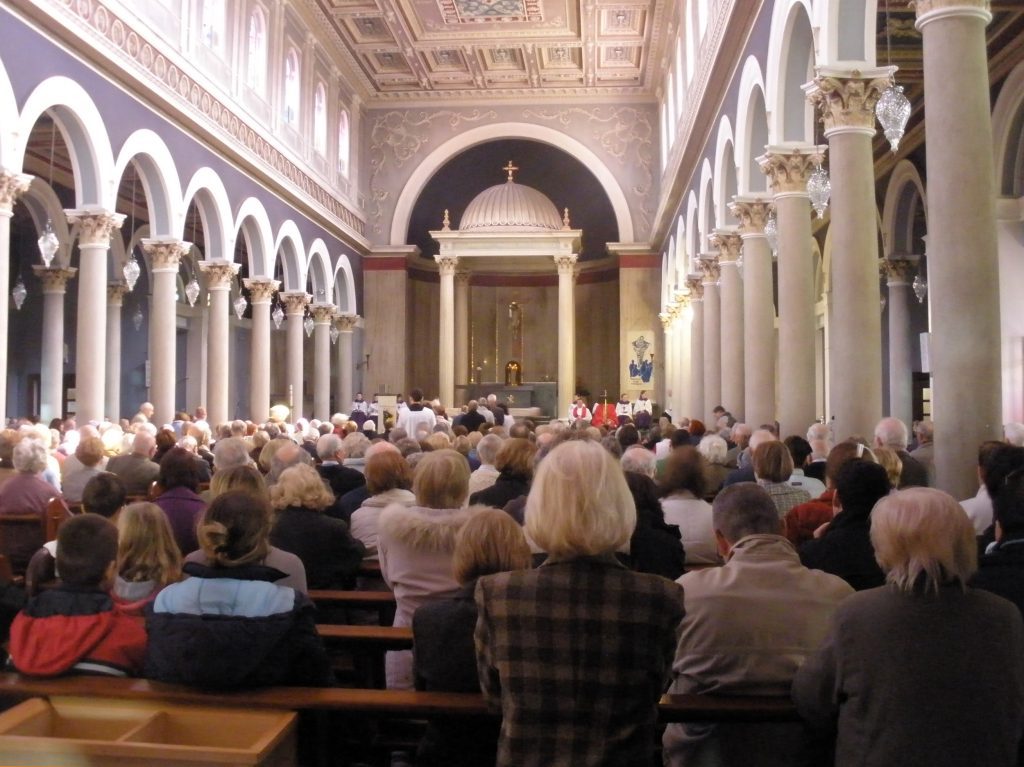Good Friday
Good Friday is one of the most profound observances within the Christian calendar, a day marked not via celebration but through contemplation of the depth of sacrifice and the peak of divine love. For Christians across the globe, it is a sacred time to take into account the crucifixion of Jesus Christ—an event of death that mockingly contains the moniker of ‘Good’ because of its redemptive reason. It’s a day shrouded in the austere trappings of somber mirrored images, echoing the sacrifice Jesus made and leading believers through the shadows before the sunrise of Easter’s promise.
Sacrifice and suffering
One cannot speak of Good Friday without acknowledging the visceral themes of sacrifice and suffering. The cross is a stark tableau demonstrating the depth of compassion and grace. On this day, Christians meditate on the physical and emotional anguish Jesus experienced, a willing submission illuminated by the higher cause of humanity’s redemption. It is a reminder that suffering is not without meaning and that, through Jesus’ ultimate sacrifice, the path to forgiveness was paved.
Table of Contents
Engaging in Reflection and Remembrance
In our rapid-paced lives, it’s easy to skirt around reflection, making these days an even more important pause on the spiritual and human panorama. Here’s how you can plunge into introspection and commemoration:
Moments of silence
Taking a moment of silence is a profound way to engage with Good Friday. It is an act of unity with the solemnity of Jesus’ sacrifice and encourages an inward-mirrored image. Whether it’s minutes or hours, use this time to meditate on the implications of this holy day.
Share personal stories.
Sharing private stories about encounters with suffering or forgiveness can be deeply moving. By doing so, you link personal narratives with the bigger Christian story of Good Friday, fostering a deeper reference to the topics that underline the day.
Acts of charity and kindness
In line with Jesus’ example of giving, acting out acts of charity and kindness on Good Friday can be immensely worthwhile. By embodying the spirit of sacrifice, we not only honor the present time but also breathe lifestyles into the lessons of compassion and mercy. Journaling and Discussion Prompts
Whether via journal entries or institutional conversations, verbalizing mind and emotions on Good Friday may be healing. Suggestions include mulling over questions like “What does sacrifice suggest to you?” or “How does the tale of Jesus’ crucifixion inspire non-public change or gratitude?”
Here’s a breakdown of some common ways Christians spend Good Friday:
Services at the Church:
One of the most important activities is making it to special church services. A primary focus of these services is the passion narrative, which consists of readings on the final days of Jesus’ life leading up to his crucifixion. A serious environment has been created for contemplation through the use of prayers, hymns, and thoughts.
Fasting and Abstinence:
When it comes to Good Friday, many Christians choose to refrain from specific foods or activities. This technique not only provides for a more profound spiritual focus, but it also acts as a symbolic reminder of the agony that Jesus endured. It is possible to have different standards for fasting, but generally speaking, you should restrict yourself to one large meal and two smaller meals. Furthermore, on the day of Good Friday, some Christians choose to abstain from eating meat.
Prayer and Reflection:
This is the day that has been set apart for prayer and silent reflection. It is feasible that you’ll spend a while contemplating the means of Jesus’ sacrifice or studying passages from the Bible that apply to the crucifixion for instance.
Acts of charity:
The day of Good Friday is also a moment to contemplate the love and compassion that Jesus possessed. Acts of goodwill towards other people or volunteering for charity causes are examples of activities that exemplify the spirit of the day.
Personal Devotions:
Some people might decide to spend the day praying privately, reading religious literature, or writing personal remarks on the significance of Good Friday. Others might choose to do all of these things.
Conclusion
Good Friday beckons us to a standstill amid lifestyle chaos to consider a meaningful sacrifice that it splits records in. It asks how contemporary believers can translate the ancient echoes of that sacrifice into modern-day demanding situations—a quest not for knowledge but for embodiment.
On this Good Friday, as you enter the hushed reverence at the moment commands, may you additionally discover an area for reflection, deliver a voice in your reflections, and seek the lively expression of sacrificial love in your life. In doing so, you connect with a lifestyle courting heaps of years again and discover the iconic heartbeat of religion—goodness born out of grief, lifestyles springing from dying, and mild piercing through the innermost darkness.
Amjad Mustafa, the owner and author of Keen2Know, is a highly qualified individual with strong experience in technical engineering. He is an experienced professional with a variety of business, technology, and car knowledge. His academic background prepared him for a diverse career and established him as a prominent figure at the intersection of these rapidly evolving industries.
